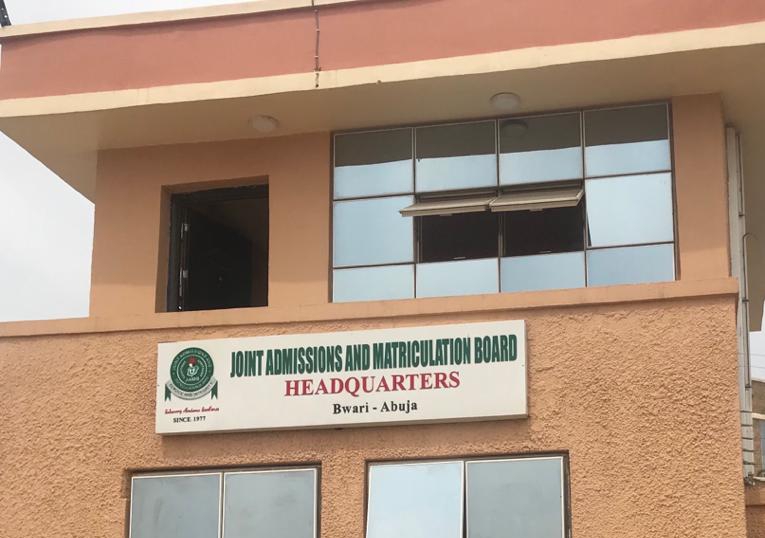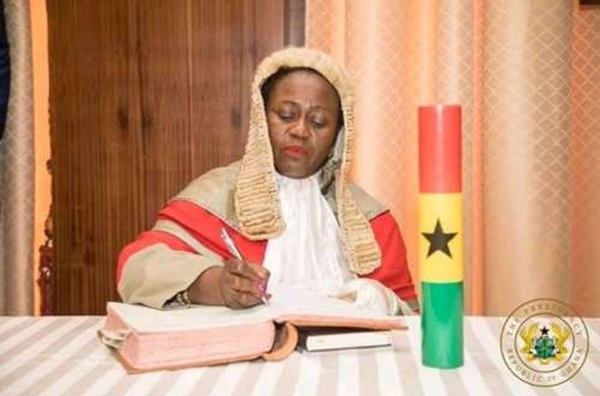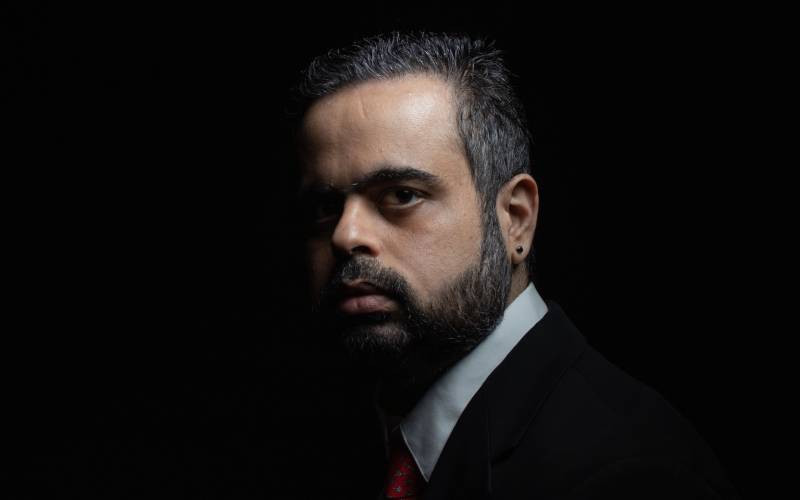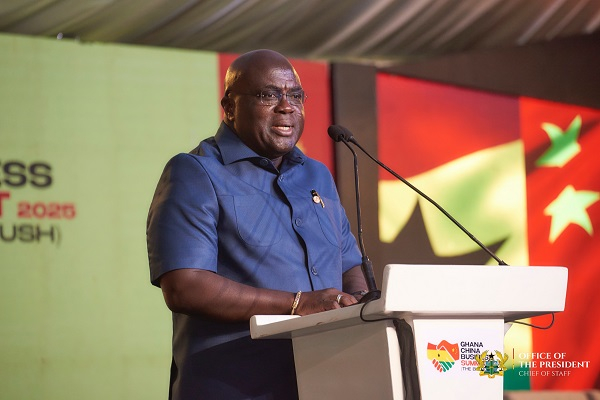Africa to surpass Europe economically by 2050 as Nigeria eyes top 10
Communication strategist and former senior advisor to U.S. President Donald Trump, Jason Miller, has projected that Africa will overtake Europe to become the world’s third-largest economic bloc, with Nigeria poised to rank among the top ten global economies by 2050.
Speaking during the 32nd Annual Meetings of Afreximbank in Abuja, Miller emphasised that sub-Saharan Africa will, by the turn of the next century, be home to four of the world’s most populous nations transforming the continent into an undisputed economic superpower by 2100.
Praising Nigeria’s recent currency reforms as ‘gutsy’, Miller warned that while Africa’s rise appears inevitable, its success will ultimately depend on the strategic decisions it makes today.
He called for bold and unified action across the continent to avoid falling into the same exploitative cycles of the past. “This is Africa’s century, but if these opportunities aren’t seized strategically, Africa risks being taken advantage of again.”
Drawing comparisons between historical and contemporary international partnerships, Miller criticised decades of foreign involvement characterized by what he described as extraction without accountability.
In contrast, he said, the U.S. aims to forge strategic partnerships rooted in private capital investment, eschewing debt traps, military presence, and empty rhetoric.
He stressed that market-driven investments should underpin all U.S.-Africa engagement, with mutual accountability as a baseline.
He cautioned African nations to reject unsustainable debt disguised as aid, and instead pursue deals that deliver concrete value, especially in infrastructure, ranging from transportation and logistics to data and clean energy.
Miller spotlighted Africa’s vast reserves of critical minerals and its rapidly growing, youthful workforce as essential to taking the lead in artificial intelligence and emerging global supply chains, likening this moment to the scale of the Industrial Revolution.
According to him, for Africa to truly compete, countries must double down on reforms to improve their business environments. This includes ensuring contract enforcement, currency stability, and tackling corruption, non-negotiable conditions if Africa wants to attract the trillions of dollars locked in U.S. pension funds and private capital pools.
Miller also urged African leaders to be intentional in choosing allies, warning against partnerships that mirror China’s legacy of environmental harm, unregulated resource extraction, and spiraling debt.
He pointed to America’s role in providing HIV/AIDS support through PEPFAR, counter-terrorism collaboration in regions like Nigeria, and mediation efforts in conflict zones as proof of a more responsible and sovereignty-respecting approach to diplomacy.
On trade policy, Miller addressed the looming expiration of the African Growth and Opportunity Act (AGOA) in September 2025, questioning the rationale for one-sided trade benefits if African countries impose tariffs on U.S. goods or tilt towards Chinese economic influence.
He advocated for a restructured AGOA agreement based on reciprocity and fairness.
Defending Trump-era tariffs as instruments of both economic and national security, Miller described them as levers to protect critical industries while compelling fairer global trade dynamics.
He also highlighted the U.S. Development Finance Corporation (DFC) as a key vehicle for transformative investment in Africa, backing commercially viable projects like the Lobito Corridor and Mozambique’s LNG sector.
These, he argued, represent capital with returns not burdensome debt. Miller encouraged African leaders to come to the table fully prepared.
“Follow President Trump on Truth Social to understand his vision before meetings,” he said.
He underscored the importance of strategic communication and issue-driven engagement over ceremonial appearances.
He cited the example of Gulf nations like Saudi Arabia and the UAE, whose proactive diplomacy and investment pitches earned them early visits from Trump and his administration, adding that Africa’s ambition must be anchored in results.
“Renegotiate AGOA. Fast-track reforms. Link mineral deals to infrastructure. Pitch bankable projects to the DFC. And above all, promote political stability—because that’s the foundation of real investment.”
He urged the continent not to settle for symbolic gestures but to insist on measurable partnerships that support its journey toward greatness to make the continent more powerful, wealthy, and great on its own terms.











